Hyenas are strong, clever animals often seen as wild troublemakers, but there’s more to them. These creatures are not just scavengers; they are smart hunters, tough survivors, and part of nature’s clean-up team. Let’s explore what makes hyenas special.
Scientific Classification
-
Kingdom: Animalia
-
Phylum: Chordata
-
Class: Mammalia
-
Order: Carnivora
-
Family: Hyaenidae
-
Common Species: Spotted Hyena, Striped Hyena, Brown Hyena, Aardwolf
Common Names
-
Hyena
-
Laughing Hyena (Spotted Hyena)
-
Bush Hyena (Striped/Brown Hyena)
Geographic Distribution
Hyenas are found mostly in Africa and parts of Asia.
They live in:
-
Grasslands and savannahs
-
Woodlands and scrub areas
-
Mountains and even semi-desert zones
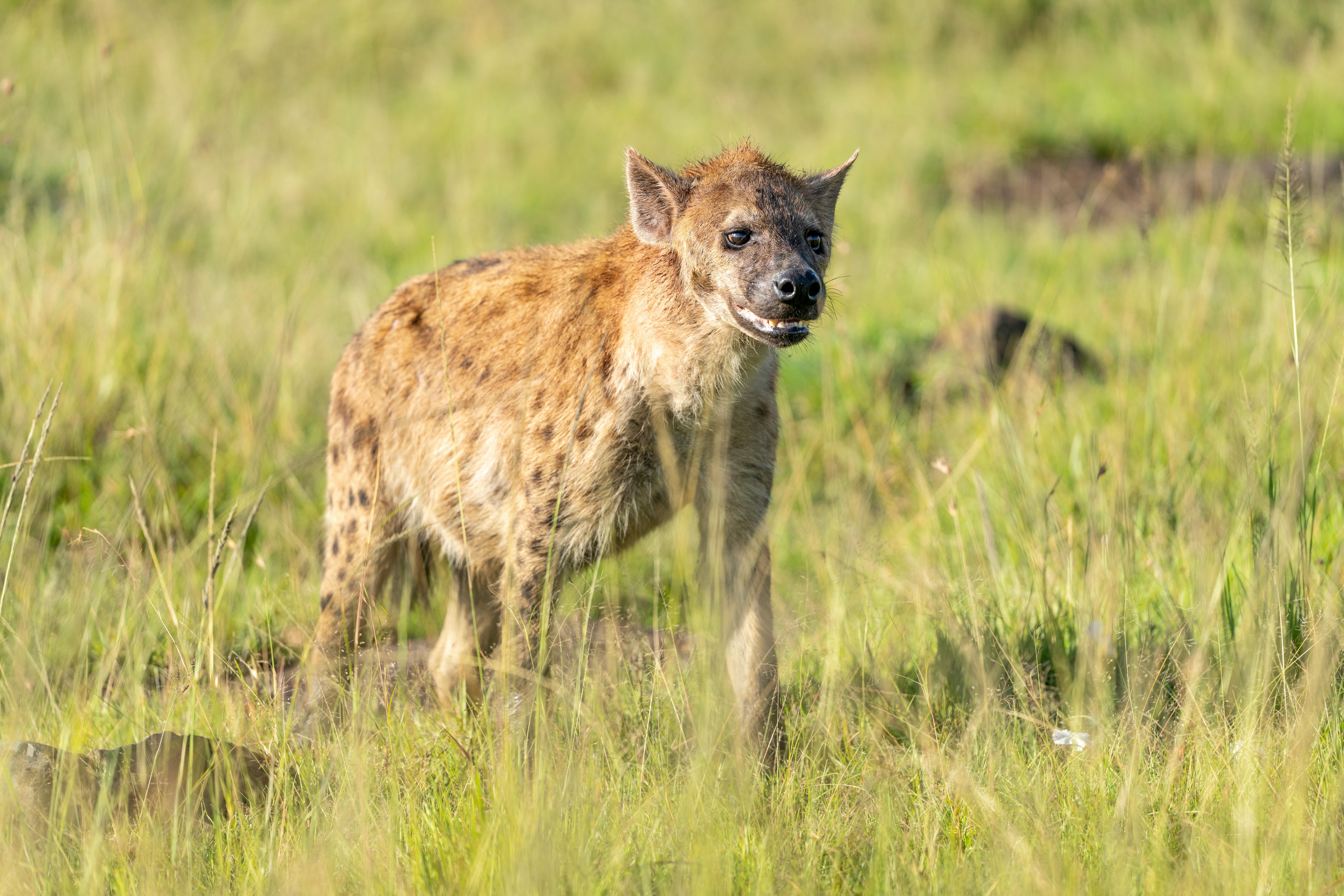 Image showing a Spotted hyena looking alert in dry savannah (Source: Pexels)
Image showing a Spotted hyena looking alert in dry savannah (Source: Pexels)
Physical Characteristics
-
Size: 90–160 cm long
-
Weight: 40–80 kg depending on species
-
Color: Brown, grey, or spotted coat
-
Body: Strong front legs, sloping back
-
Teeth: Very strong jaws for crushing bones
-
Sound: Known for “laughing” calls (spotted species)
Types of Hyenas
1. Spotted Hyena (Crocuta crocuta)

Key Facts:
-
Most common and largest
-
Loud “laugh” sound
-
Live in large groups (clans)
-
Both hunters and scavengers
-
Very social and organized
2. Striped Hyena (Hyaena hyaena)
 Image showing Striped hyena walking in rocky area (Source: Pexels)
Image showing Striped hyena walking in rocky area (Source: Pexels)
Key Facts:
-
Grey with black body stripes
-
More shy and solitary
-
Smaller than spotted hyena
-
Found in North/East Africa, Middle East, India
3. Brown Hyena (Parahyaena brunnea)
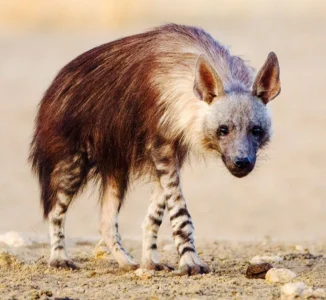
Image showing a Brown hyena with shaggy fur and fluffy tail (Source: Fandom)
Key Facts:
-
Shaggy coat and big mane
-
Found in Southern Africa
-
Mostly a scavenger
-
Very rare and shy
4. Aardwolf (Proteles cristata)
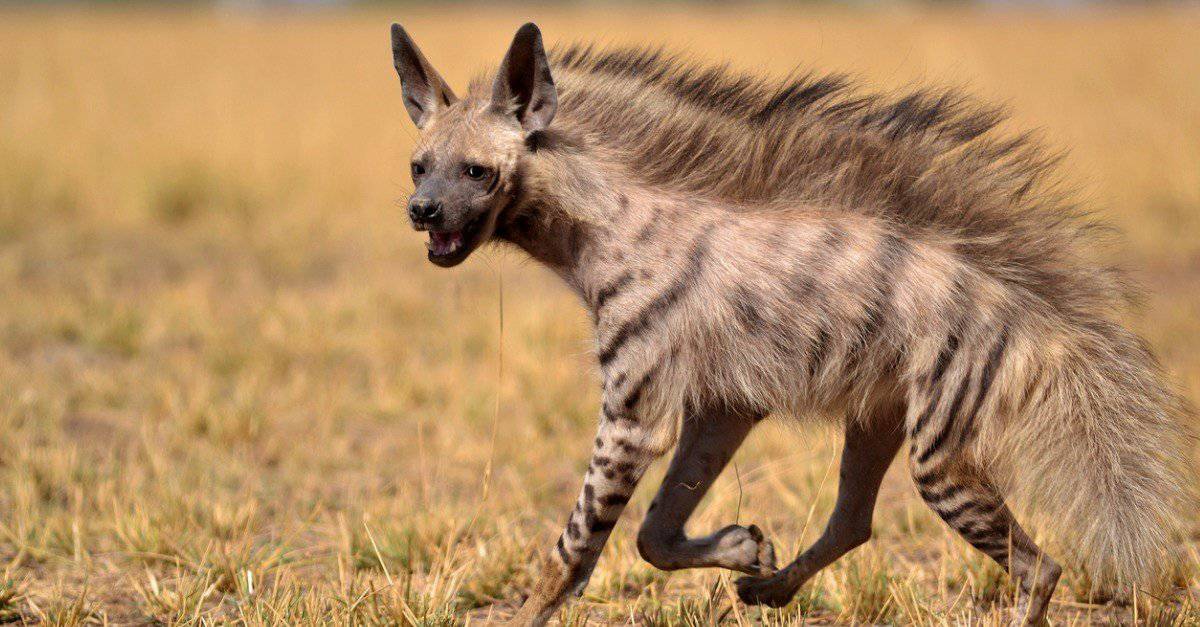 Image showing a Aardwolf with striped body in dry bush (Source: A-Z Animals)
Image showing a Aardwolf with striped body in dry bush (Source: A-Z Animals)
Key Facts:
-
Eats termites, not meat
-
Looks like a small striped hyena
-
Harmless and quiet
-
Found in East and Southern Africa
What do Hyenas eat?
Hyenas eat both fresh meat and old leftovers.
-
Dead animals (carrion)
-
Leftovers from lion kills
-
Bones and hooves (yes, they can crush bones!)
-
Sometimes hunt small or large animals
-
Aardwolf eats termites instead of meat
Fun Facts
-
Spotted hyenas are more closely related to cats than dogs.
-
Female hyenas are bigger and more dominant than males.
-
A hyena’s jaw can crack bones better than a lion’s.
-
Their “laugh” is a signal of emotion, stress, or submission.
-
Hyena clans can have up to 80 members, with a clear rank system.
Importance to Humans
Positive Roles:
-
Clean up dead animals, prevent disease
-
Keep wild areas healthy
-
Help researchers learn about animal behavior
Challenges:
-
Seen as pests in some villages
-
May attack livestock if food is scarce
-
Bad image from myths and movies
Health & common issues
In captivity or rescue, hyenas need proper care:
Health needs:
-
Clean water and protein-rich diet
-
Space to roam
-
Enrichment (mental exercise)
-
Vaccination against rabies and distemper
Possible issues:
-
Tooth wear from chewing bones
-
Injuries from fights
-
Worms and skin problems
-
Stress in small enclosures
Conservation Status
-
Spotted Hyena: Least Concern
-
Striped & Brown Hyena: Near Threatened
-
Aardwolf: Least Concern
Some hyenas face danger from:
-
Habitat loss
-
Hunting and poisoning
-
Human conflict in rural areas
Wildlife groups now work to protect hyenas and teach people their true value.
Hyena vs Lion (The classic clash)
| Feature | Hyena | Lion |
|---|---|---|
| Size | Smaller but tough | Bigger and stronger |
| Hunt Style | Teamwork and strategy | Power and ambush |
| Role | Hunter and scavenger | Mostly hunter |
| Reputation | “Thief” (unfairly so) | “King” of the savannah |
They often fight over food, but both are needed in the wild to keep balance. Hyenas are more than just laughing scavengers. They are powerful, smart, and hardworking animals.
 Image showing Hyena pup peeking out of den (Source: Nimali Africa)
Image showing Hyena pup peeking out of den (Source: Nimali Africa)
Do you need help with exotic animal care, wildlife consultation, or curious creatures like hyenas? Visit Doctor Hulk Veterinary Hospital where no animal is too wild to understand. You can call 08143397614.




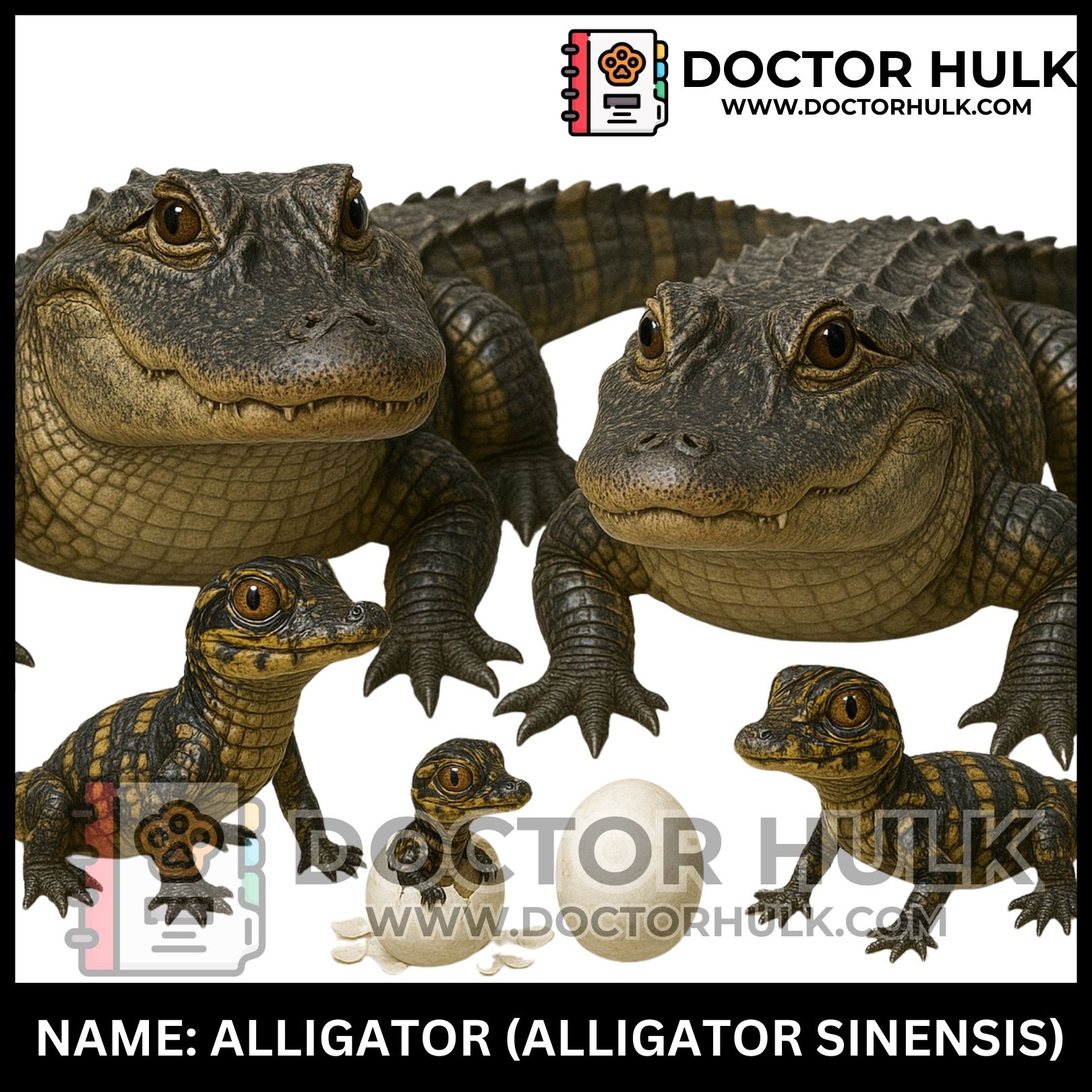
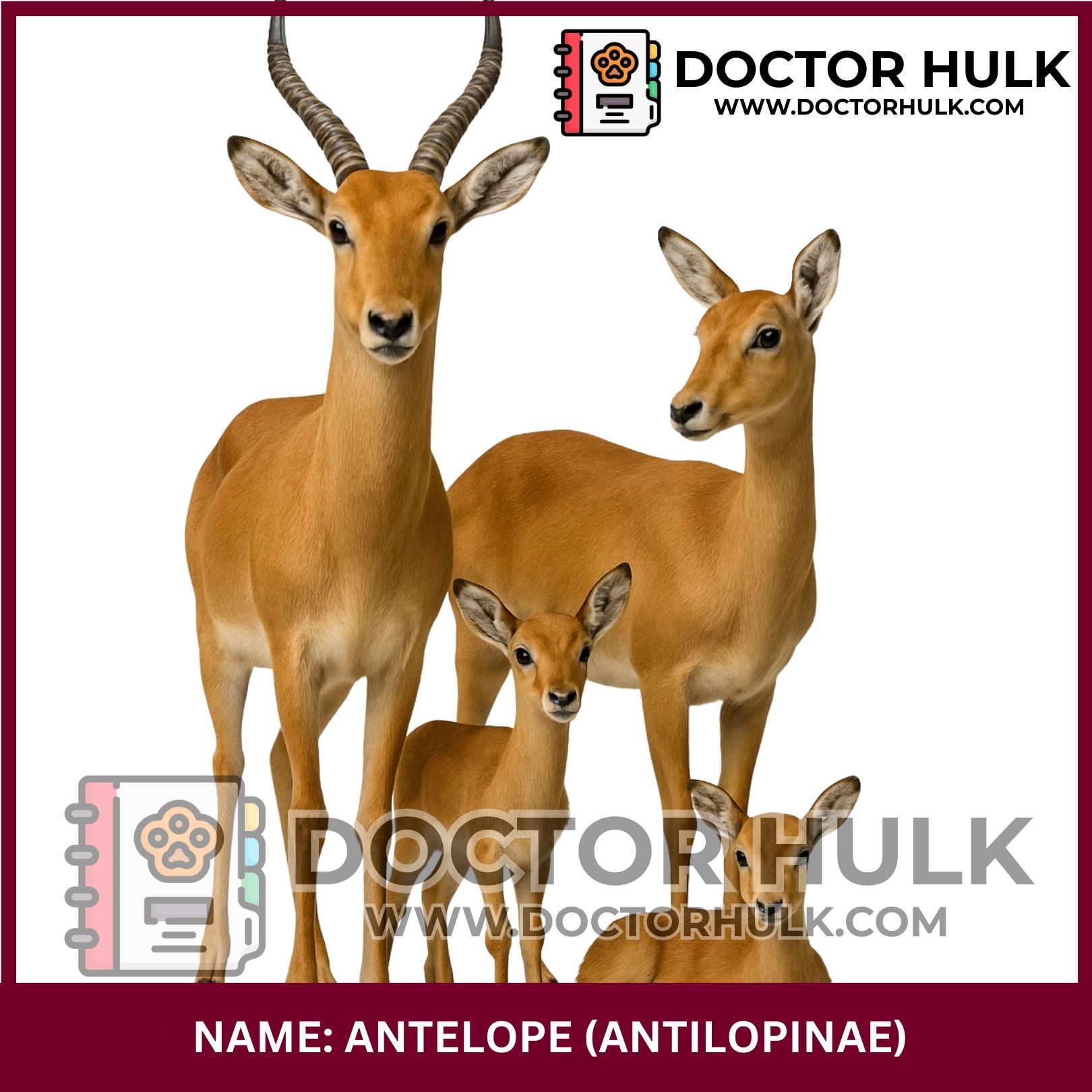
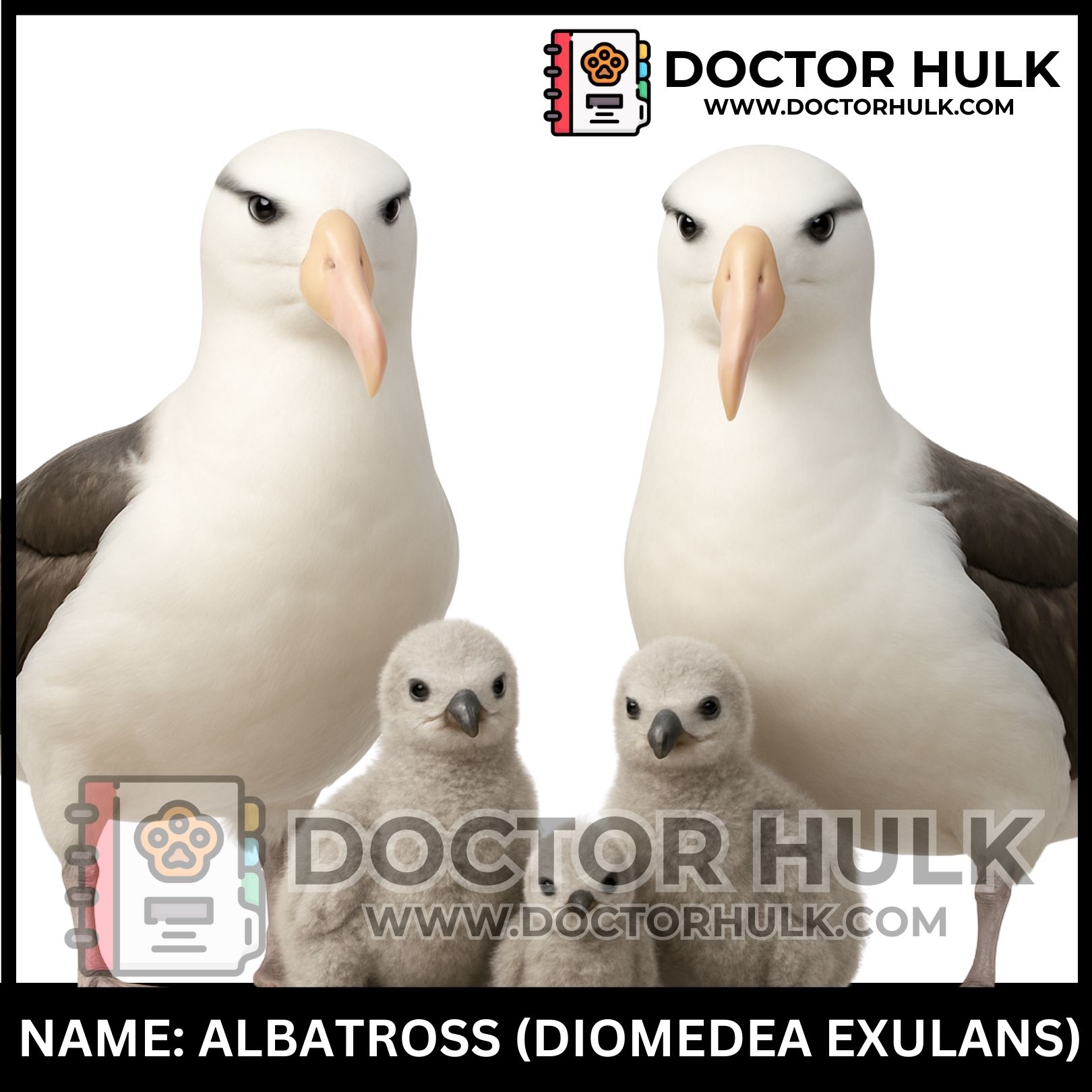
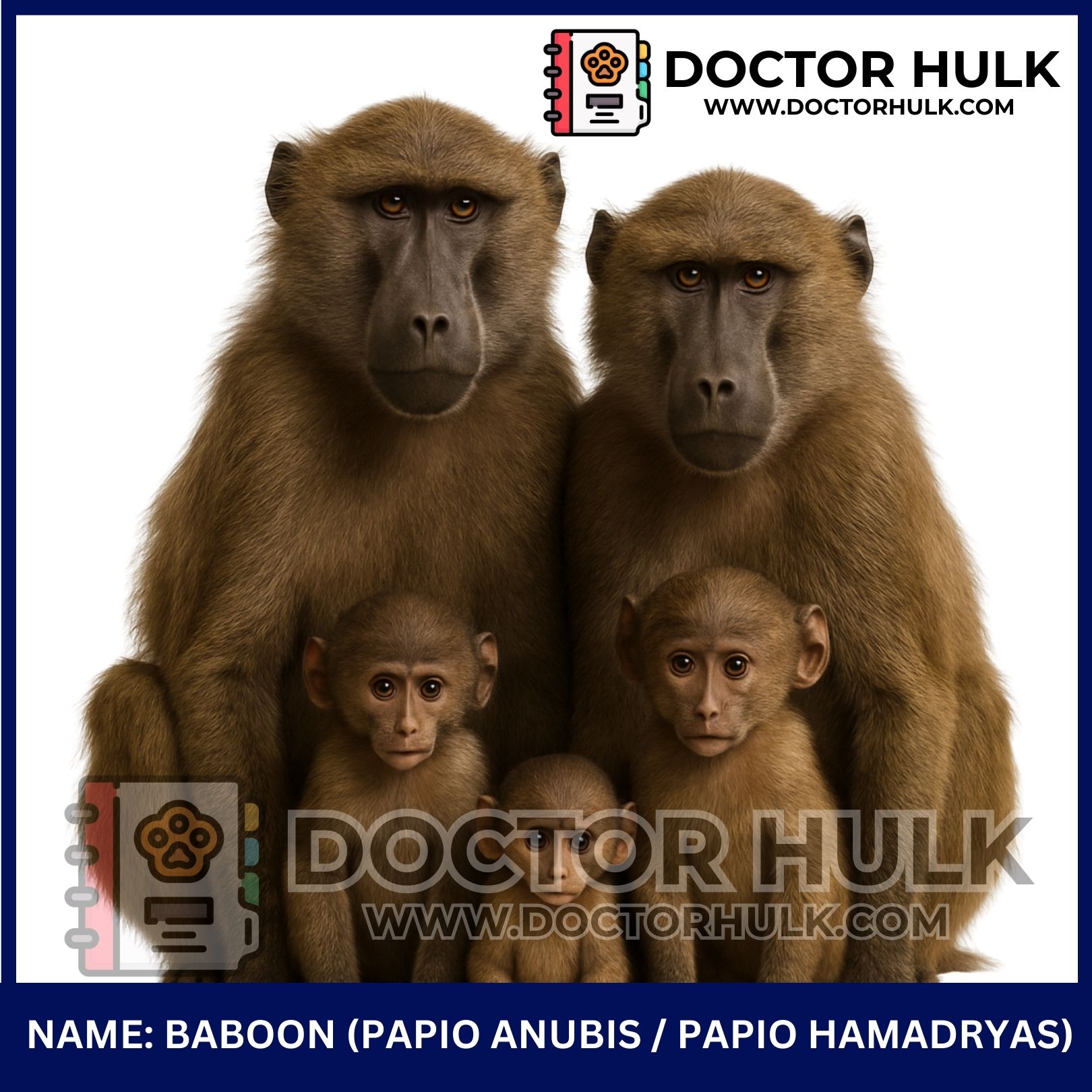
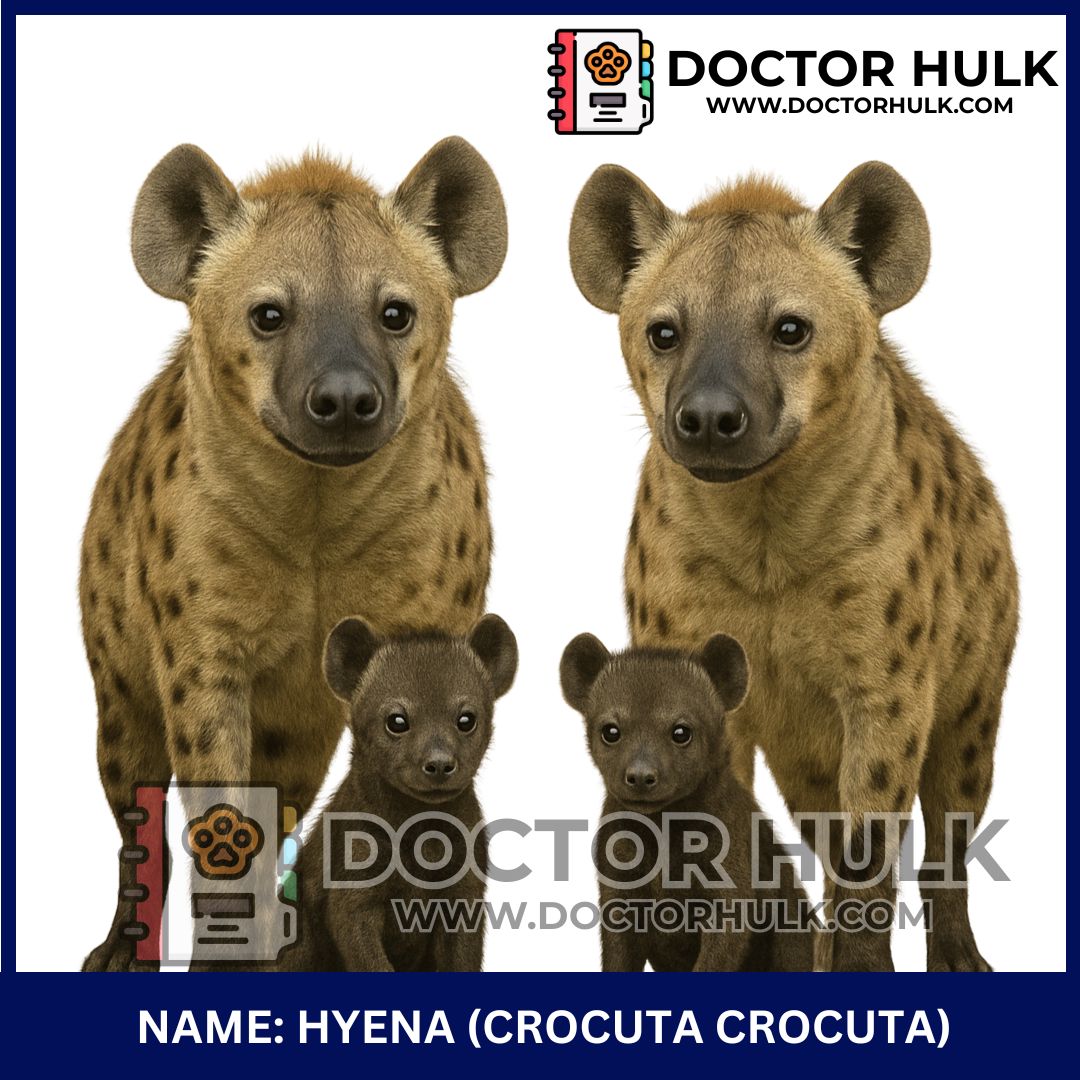
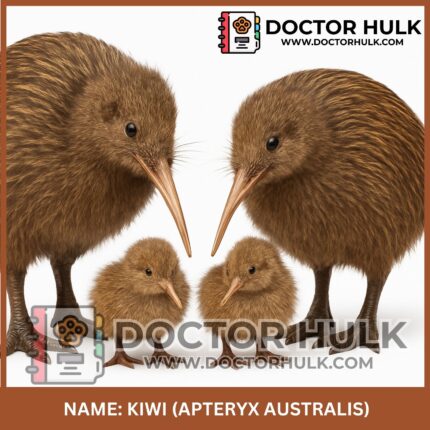
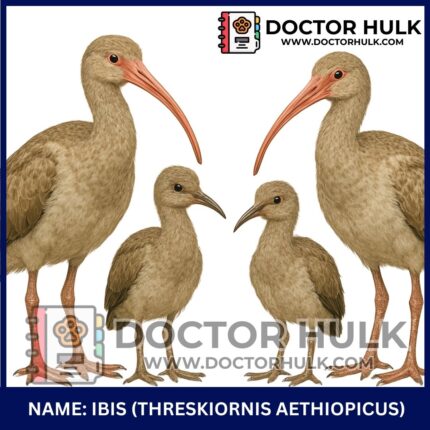


Reviews
There are no reviews yet.